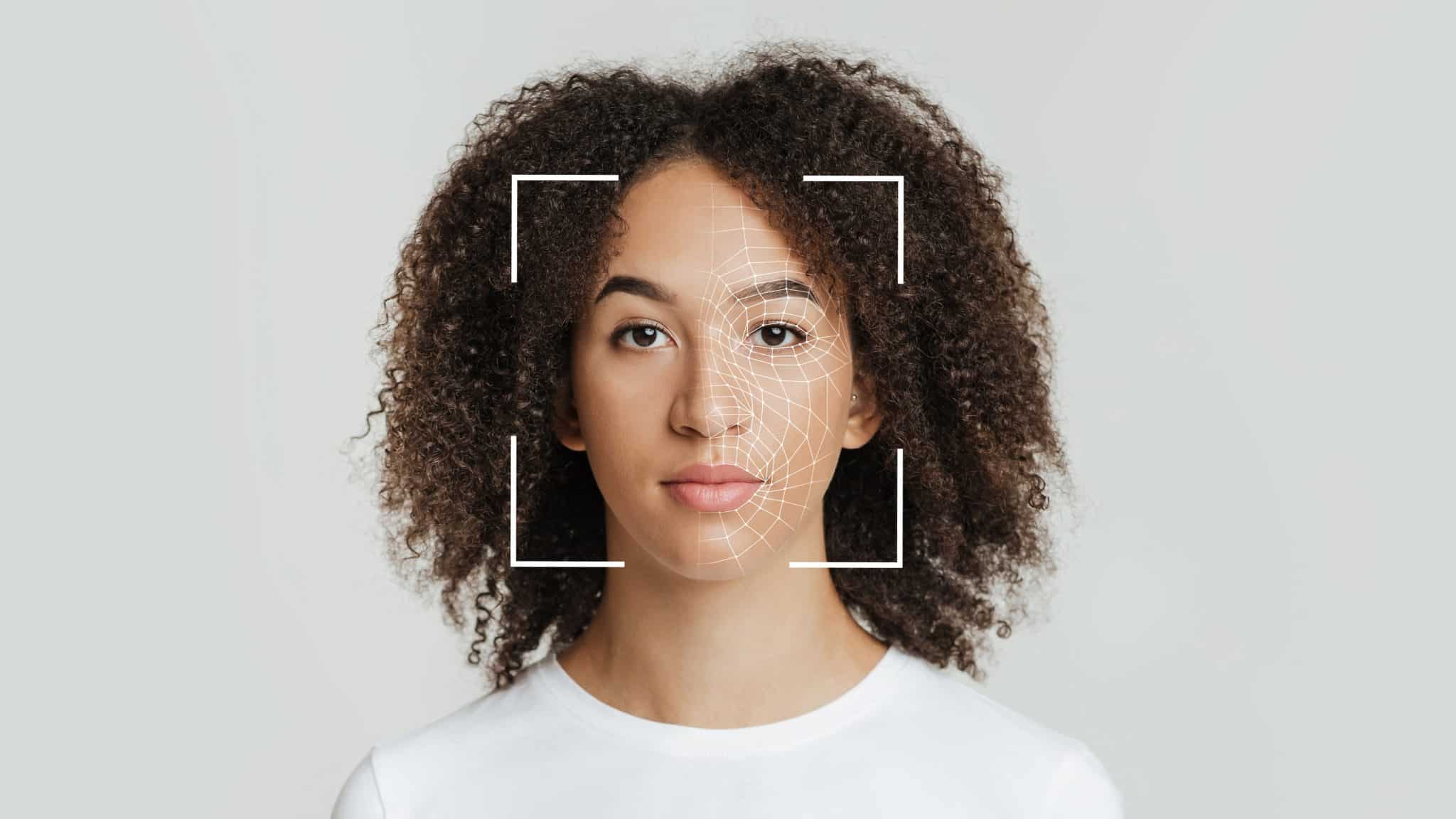Regula, the forensics and identity verification provider based in Riga, Latvia, has made an impressive debut on the National Institute of Standards and Technology’s (NIST) Face Analysis Technology Evaluation (FATE) for biometric facial age estimation (FAE). The latest benchmark has Regula ranked first for Mean Absolute Error (MAE) across geographies, topping results for accuracy across Europe, East Africa, and East and South Asia.
The list also sees string showings from Idemia (2, 5), Nominder (3) and Cognitec (4), who together with Regula make up the top 5. CyberLink (6), Neurotechnology (7), Cvut (8,9) and Innovatrics round out the top ten.
In a release, Regula’s Chief Technology Officer Ihar Kliashchou says that “reaching the highest accuracy in the NIST evaluation proves the strength of our forensic-driven approach and biometric verification expertise. Just as important, the results confirm that Regula performs consistently across a wide range of real-world conditions, making our solution the most universal on the market.”
In addition to success across geography, Regula also fares well in the Challenge 25 benchmark, which measures whether individuals who are close to 17 are “reliably flagged for additional checks to prevent underage sales.” The company’s algorithm ranks second for False Positive Rate (FPR), behind only Idemia. Cognitec and Nominder also make the top 5.
In the category of Child Online Safety for kids 13-16, Regula ranks third in MAE, behind two age estimation algorithms from Yoti. Idemia and Cognitec round out the top 5.
Regula says its FAE technology algorithm will be incorporated into Regula Face SDK, to equip customers with a “powerful, reliable way to estimate age in the most challenging environments,” offering layered protection through thorough facial recognition and comparison, liveness detection and age verification.
New faces join Yoti, whose FAE algorithm predates NIST testing
Also new to this round of the FAE benchmark across geography are CyberLink and Youverse. Dermalog and Daon also recently submitted new algorithms.
On LinkedIn, Yoti’s Robin Tombs offers an insightful breakdown of the NIST testing, and shares thoughts on reliability. Noting that many models estimate higher age whenever a subject has glasses on, and that some models estimate age much higher when the face is smiling or frowning, Tombs compares Yoti’s age estimation model against the competition.
“Yoti has had a long head start on addressing this reliability challenge as we released our first FAE model in late 2018 nearly 5 years before NIST started evaluating models,” writes the CEO. He concedes that prior Yoti FAE models have struggled with smiling and frowning, but points to a series of graphs as a visual illustration of how the firm’s tech has improved in 2025.
“It helps that for this test, NIST captures the facial images using mobile phones, not other cameras at embassies or border control. Most people online capture their selfie using their mobile phone.”
To further improve results, Tombs encourages NIST to re-perform the glasses, talking, smiling, frowning test with teenagers and young adults to “further inform regulators globally.”
For more insights from Yoti’s Robin Tombs, be sure to check out this coming Friday’s episode of the Biometric Update Podcast, where we talk about the UK’s Online Safety Act, the results of Australia’s Age Assurance Technology Trial, and more.
Related Posts
Article Topics
accuracy | biometric age estimation | biometric testing | biometrics | Face Analysis Technology Evaluation (FATE) | face biometrics | facial age estimation (FAE) | NIST | Regula
Latest Biometrics News
American biometric authentication firm Identity.io is supplying its contactless fingerprint and face biometrics application to The Exodus Road as part…
Biometric authentication and verification systems provider TokenWorks Inc. and mobile driver’s license verification software vendor Oneproof have announced the successful…
As regulators roll out online safety laws designed to protect kids from harms associated with porn and social media, a…
The Department of Homeland Security’s (DHS) investigative arm has significantly expanded its reliance on controversial facial recognition technology, awarding a…

